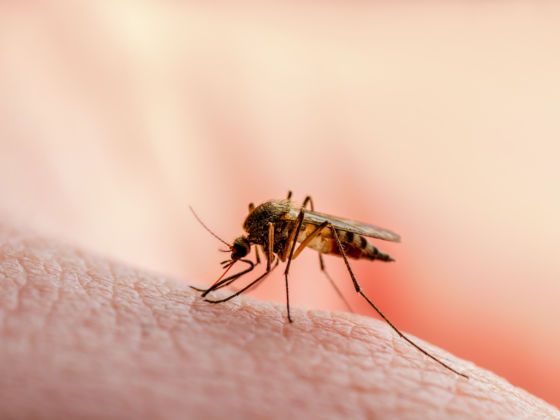Scientists are tirelessly working on vaccines and treatments for COVID-19, but that does not mean research against other deadly diseases has stopped.
A research team in Kenya and the UK has discovered a way to protect mosquitoes from being infected by malaria, thereby preventing them from becoming carriers of the disease and infecting people. The new discovery is rooted in a malaria-blocking microbe called Microsporidia MB, which was discovered in the guts and genitals of mosquitoes studied on the shores of Lake Victoria in Kenya.
